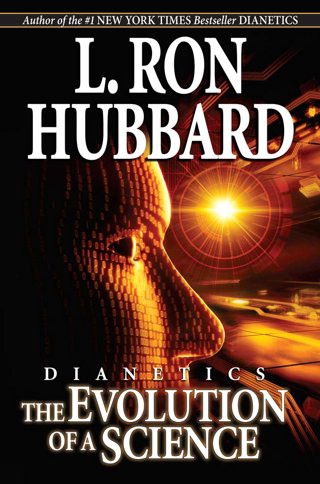Indicators on Dianetics You Should Know
Indicators on Dianetics You Should Know
Blog Article
Dianetics Things To Know Before You Get This
Table of ContentsThe Dianetics DiariesAn Unbiased View of DianeticsWhat Does Dianetics Mean?Dianetics Things To Know Before You Get This
I couldn't ever before not intend to receive anything that comes to mind for you- if it was otherwise, I would not be sitting here with you, doing this. I not just can never have a problem, or otherwise wish to hear something that comes to mind for you, but I'm completely eager to know every concept, every thought, every photo or sensation that emerges or shows up for you- do not ever believe or else, and if somehow you do, please simply allow me know! Often, you may have an idea, and picture, concept or occurrence pop up that does not appear to respond to the question, or associate to it, but however, always do inform me regarding it, and as we proceed, the significance will certainly emerge for you.This is fundamental in the basis of handling, and the subject of this conversation: the basic functions of the counselor and the client: The standard role of the therapist is, unlike "typical training", not to manage, which means to implement and/or inhibit, yet to rather work from the basis of EMPOWERING THE CUSTOMER.

Getting The Dianetics To Work
John Mcmasters expressed this basic fact splendidly well in one of his talks on Power handling, in which he discusses how he was asked what this "unique flair" was that he had for offering such wonderful sessions; he had to believe regarding that for a minute, and found that it was what he had not been doing, along with what he was doing: he wasn't assessing, evaluating, computer, or as a matter of fact, generating any ideas, not to mention verbal expressions, after giving the command and while waiting on the PC to finish their response to their complete satisfaction; he was, merely and just, being present with the PC, and completely interested.
The role of the therapist, showed; that was his "special flair". I have had my own experience which educated me this well, very early on in the video game. In 1982, having recently completed my training and internship on New Age Dianetics, I was running this on a PC, and there was a point in the session where (being a bit damp behind the ears not yet having many hours under my belt as a specialist auditor) the PC appeared to be "taking also lengthy" to express anything vocally after I gave him a command.
This key ended up being the useful source most important contribution that John ever before made to the topic of therapy or auditing (Dianetics). In my simple viewpoint, it is the best contribution that any individual has ever made to these subjectsthe application is completely non-judgemental, non-evaluative, and without any kind of recommendation, advice or opinion.no preconditioned schedule for people, or 'levels' that they have to do
In Idenics, the only resource of info about a customer is the private client. In Scientology we prided ourselves on not evaluating for individuals. However all that really suggested was that the auditor did not vocally review for the PC in session. The registrars and ethics police officers assessed for the computer.
Get This Report about Dianetics

Any person that had actually ever before seen John audit can not assist however notice an one-of-a-kind top quality in his auditing."The client's fundamental role is to be there with the objective of relocating in the direction of their spiritual objectives, and to easily and fully express and experience whatever shows up for them in responding to the concerns and executing the guidelines in the handling.
This is something to procedure as Check Out Your URL required. Additionally, people regularly have prior experience and/or indoctrination in auditing/processing which, in some methods, and to some degrees, actually misdirects them right into perspectives, ideas and habits patterns that avoid the full realization of these duties, and so they will certainly tend to prevent the expressing of what comes to mind, as in the instances offered above - Dianetics. * The initial, and perhaps primary examples of mis-indoctrination bring about much less than completely smooth and effective sessions, can be found in particular facets of the training regimens, or "TR's":"TR's" are often a person's first, or at least early, experience in Scientology, and while I will take place to clarify what I view as the imperfections in principle and technique, however, have a tendency to be greatly therapeutic, done as they are offered (Hubbard urges that "TR's are not refining, they are educating", however factually, they are both processing AND training)
There is no "flunking", and no denial of the fact of this being handling. The emphasis, as it ought to be, is on experiencing the other individual's presence.
Excitement About Dianetics

Report this page